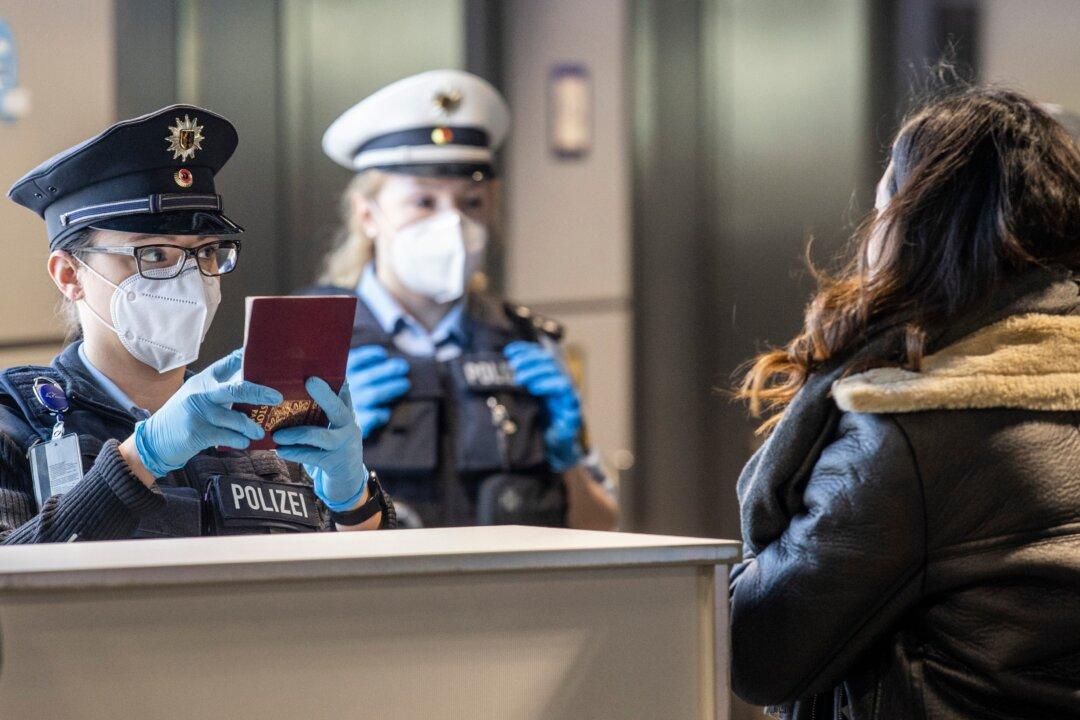While airlines advocate for a digital health passport that can prove people’s vaccination or negative test status to open up international travel again, an international airline trade group is saying COVID-19 vaccines should not be mandated.
The International Air Transport Association (IATA) says governments should not require a vaccine as proof for entry into a country as it could discriminate against people who are medically exempt or refuse to get inoculated.






